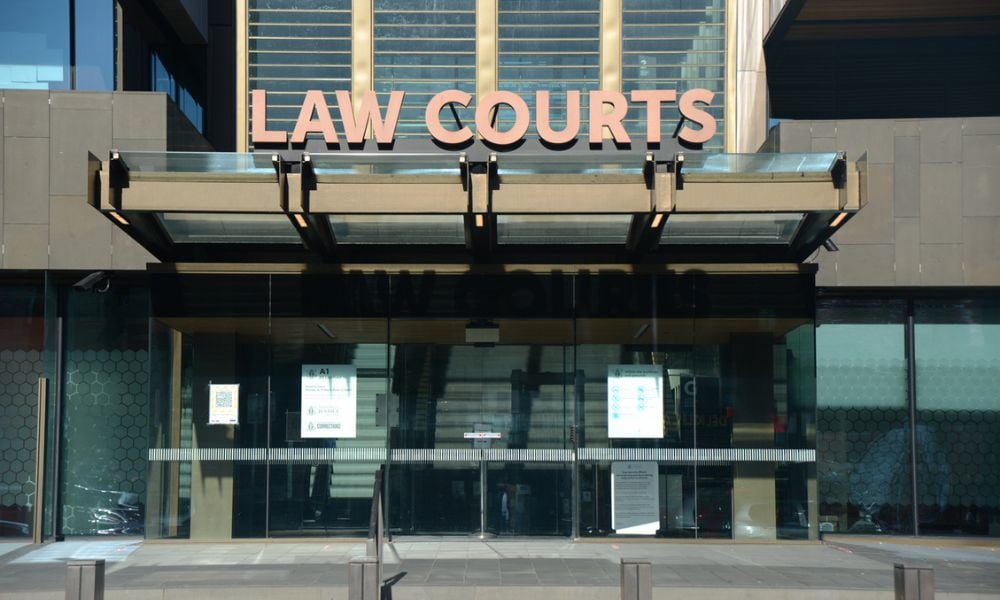
Phillip John Smith alleged that the NZ Parole Board had misinterpreted Parole Act 2002 provisions

The High Court addressed the appropriate procedural pathway for declaratory judgment proceedings in the application of Phillip John Smith against the New Zealand Parole Board.
In Smith v The New Zealand Parole Board [2024] NZHC 57 [1 February 2024], Smith, who is currently serving a term of imprisonment for murder, sought to secure declarations asserting that the Parole Board misinterpreted the Parole Act 2002 provisions in evaluating his eligibility for parole.
Smith's application sought leave under rule 19.5 to initiate proceedings under the Declaratory Judgments Act 1908 as an originating application under part 19 of the High Court Rules. In its assessment, the High Court was tasked with determining the appropriate section of the rules governing Smith's declaratory judgment proceedings.
The High Court Rules identified two potentially relevant parts—part 18, covering applications in equity and other statutes, and part 19, addressing originating applications. Despite the ambiguity arising from s. 3 of the Declaratory Judgments Act mentions "originating summons," Smith argued for commencing proceedings under part 19 with the Parole Board's consent.
However, the court emphasised that the High Court Rules carry statutory force as a schedule to the Senior Courts Act 2016. It concluded that part 18, specifically rule 18.1(b)(v), was the appropriate section for proceedings under the Declaratory Judgments Act. The court highlighted that the rules provide a streamlined and proportionate procedural pathway for such cases.
Addressing Smith's argument that the interests of justice favour part 19, the court noted the absence of compelling reasons for deviating from part 18. It underscored that the relief sought by Smith was purely declaratory, focusing on interpreting the Parole Act provisions rather than necessitating more elaborate procedures.
Ultimately, the court declined Smith's application for leave to commence proceedings under part 19, directing that the notice of proceeding and statement of claim be accepted for filing under part 18. The judgment clarified that the proceedings should continue in the normal course under part 18, with no requirement for service beyond the Parole Board.